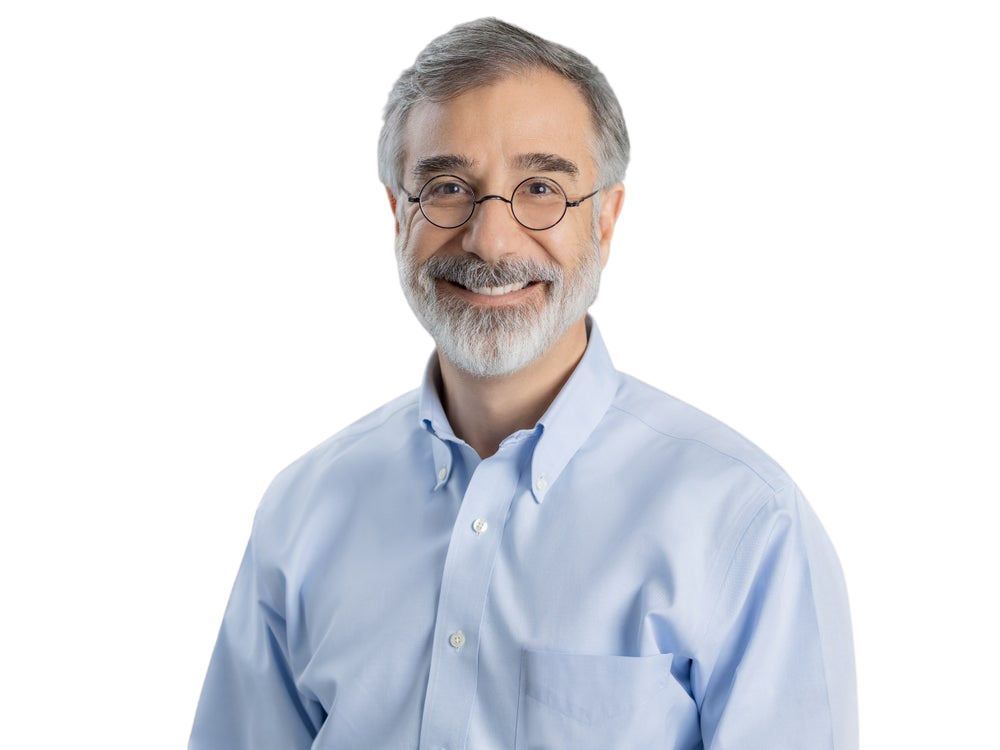Show Notes
"The whole environment of the company is about discovery and innovation, so it's really buzzing with energy."
In part four of our four-part series with Samir Khleif, Founder and CEO of Georgiamune, he shares how he turned a bold scientific vision into a thriving biotech—building a top-tier team, advancing a pipeline of first-in-class drugs, and keeping discovery and innovation at the heart of the company.
Samir reflects on the transition from academia to entrepreneurship, navigating the realities of fundraising, and leading with transparency and self-awareness. He also explains what sets Georgiamune apart in a crowded biotech landscape: a relentless focus on breakthrough science over recycled ideas.
Key topics covered this episode:
- How to assemble a discovery-driven team that fuels innovation
- Why focusing on breakthrough science beats chasing trends
- Navigating tough markets and choosing the right investors
- Balancing in-house strengths with external partnerships
- Leading with curiosity, collaboration, and self-awareness
If you enjoy The Biotech Startups Podcast, please consider subscribing, leaving a review, or sharing it with your friends. Thanks for listening.
Prefer video? Watch the full episode on YouTube:
Resources & Articles
- Autoimmune Disease and Immune System Modulation: https://pubmed.ncbi.nlm.nih.gov/27312159/
- What Corporate Investors Look for in Life Sciences Startups https://www.excedr.com/blog/what-corporate-investors-look-for-in-life-sciences-startups
- How to Prepare for Pre-Seed & Seed Funding https://www.excedr.com/resources/how-to-prepare-for-pre-seed-seed-funding
Organizations & People
- Georgiamune: https://www.georgiamune.com/




